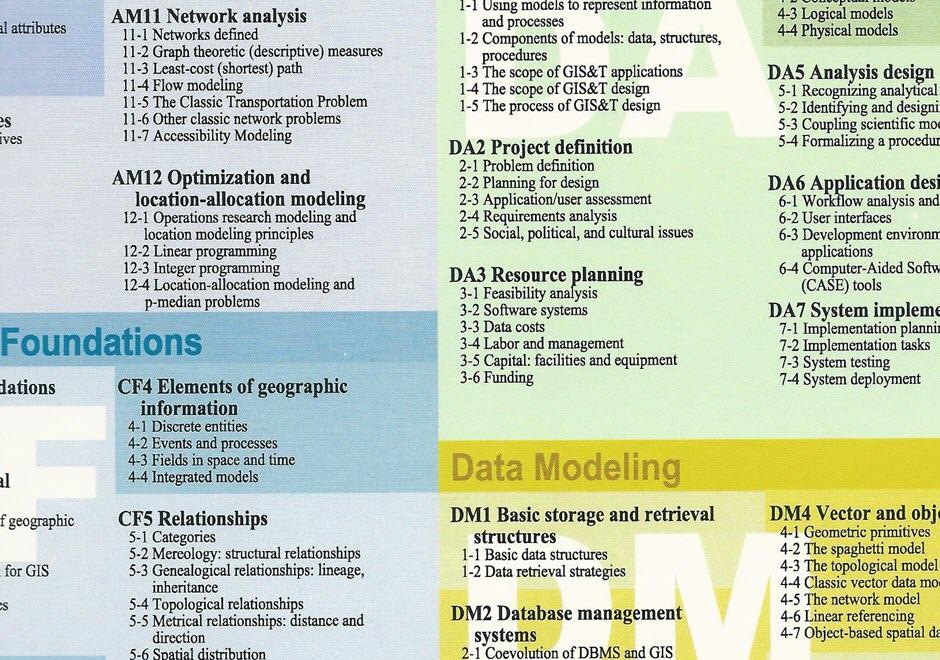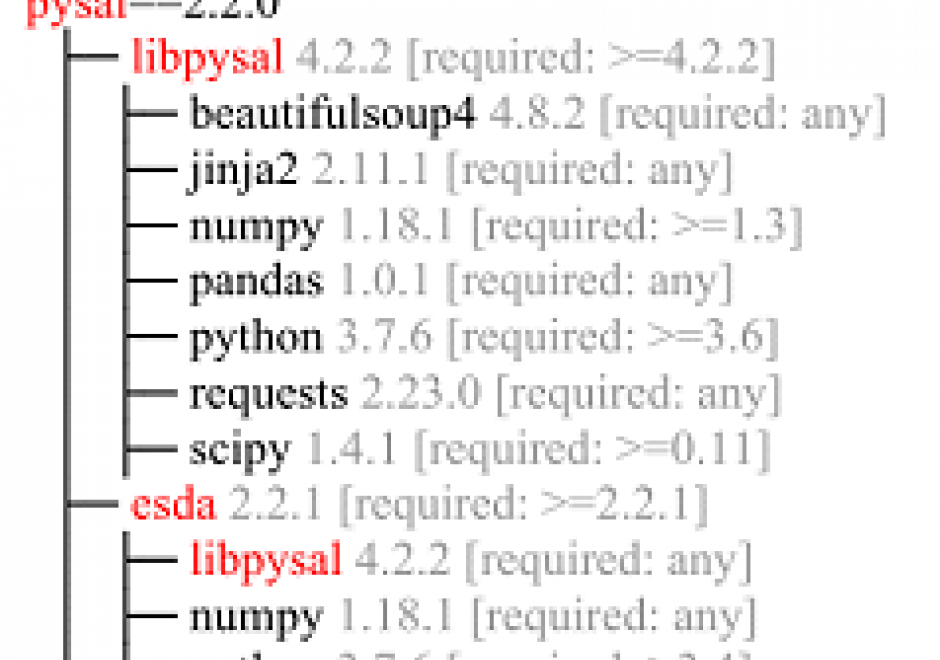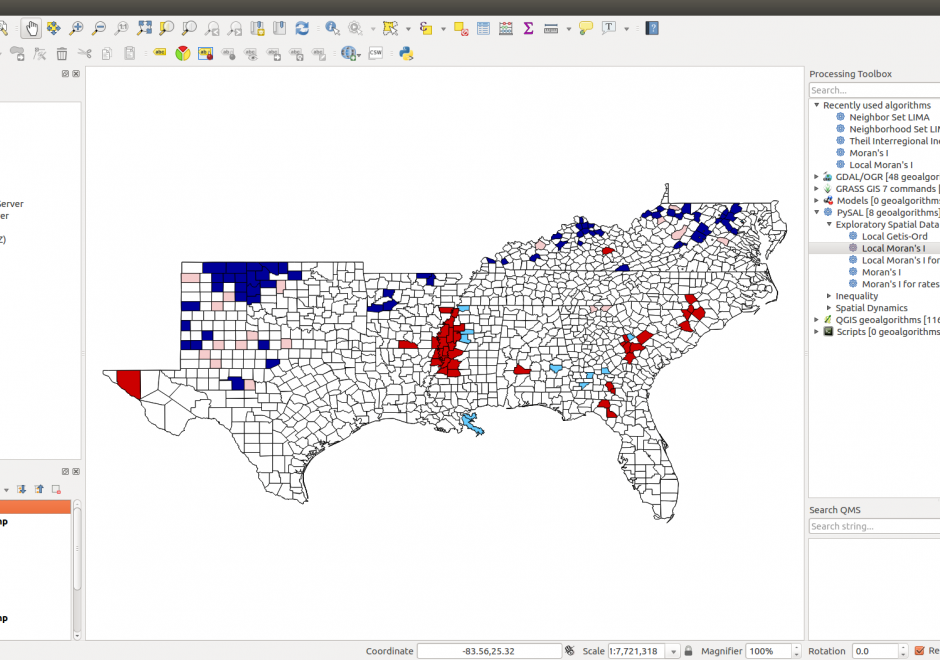GS-05 - Public participation in governing

- Differentiate among universal/deliberative, pluralist/representative, and participatory models of citizen participation in governing
- Defend or refute the argument that local knowledges are contested
- Explain how community organizations represent the interests of citizens, politicians, and planners
- Explain and respond to the assertion that “capturing local knowledge” can be exploitative
- Describe an example of “local knowledge” that is unlikely to be represented in the geospatial data maintained routinely by government agencies
- Explain how legislation such as the Community Reinvestment Act of 1977 provides leverage to community organizations
- Describe the range of spatial scales at which community organizations operate
- Compare the advantages and disadvantages of group participation and individual participation
- Describe the six “rungs” of increasing participation in governmental decision-making that constitute a “ladder” of public participation



GS-06 - Public participation GIS